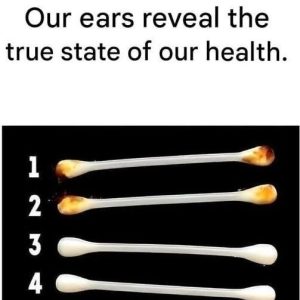White House Press Secretary Karoline Leavitt announced that President Trump has sent 17 letters to pharmaceutical CEOs, demanding immediate action to lower drug prices. In these letters, Trump warned that his administration would use “every tool” available to combat high prescription costs and emphasized that the burden on American families would end under his leadership.
A letter to Eli Lilly CEO David Ricks highlighted Trump’s frustration with what he called “global freeloading”—where other nations benefit from American innovation while U.S. patients pay inflated prices. Trump demanded action within 60 days and referenced an executive order signed in May that aims to cut prescription drug prices by 30% to 80%.
Trump’s demands include implementing “most favored nation” pricing for Medicaid and new drugs, ensuring that any international profits are passed back to U.S. patients, and expanding options for direct purchasing. He accused drugmakers of offering only superficial solutions and warned of consequences if they fail to act.
The May executive order also instructed the Department of Health and Human Services (HHS) to set price targets, but Trump criticized the follow-up discussions with drugmakers as inadequate. He stated that moving forward, he would only accept firm commitments to reduce drug prices and stop allowing foreign countries to exploit American pharmaceutical innovation.
Industry leaders pushed back, warning that Trump’s proposals could stifle investment in research and development. Alex Schriver of PhRMA argued that real reform should target middlemen in the healthcare system and push other countries to share the cost burden of innovation.
Analysts noted that Trump lacks the legal authority to enforce “most favored nation” pricing. Experts suggest his strategy relies on public pressure rather than enforceable regulation, a move that could lead to court challenges if the administration pushes beyond its statutory limits.




